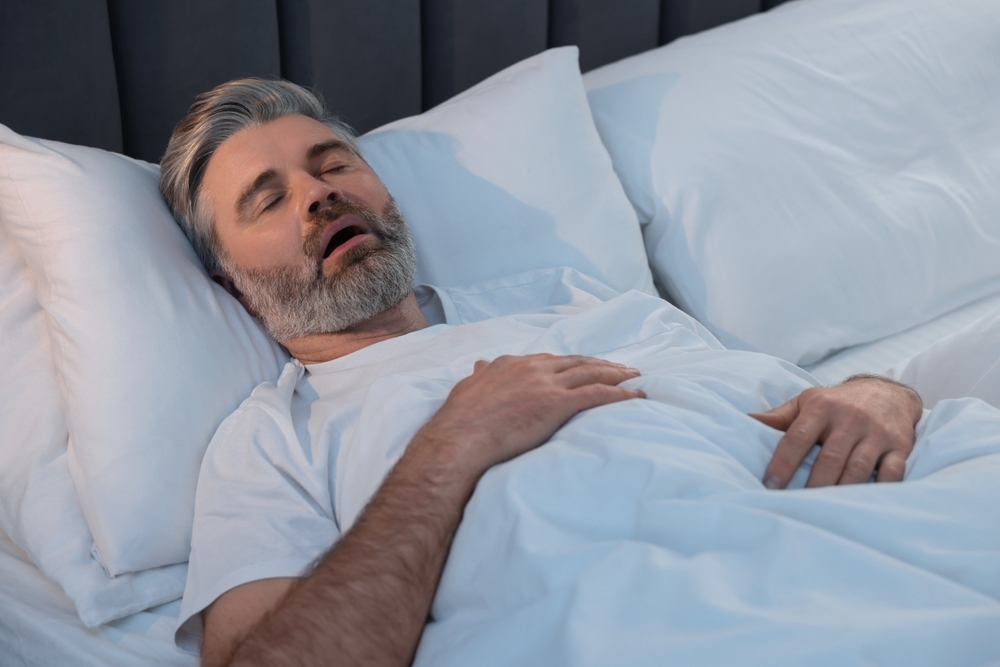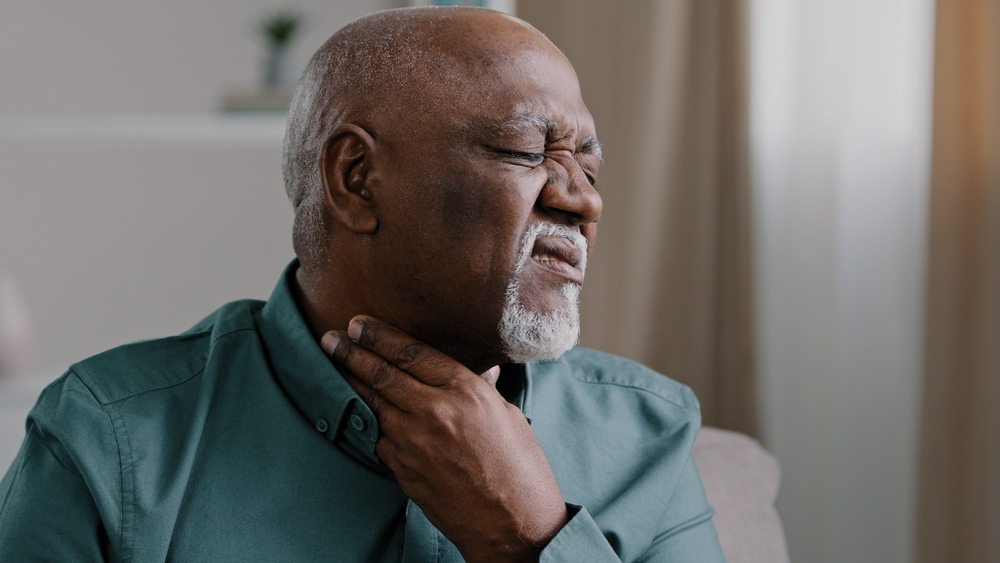Sleep apnea is more than just a sleep disorder—it’s a condition that can have widespread effects on your overall health, including your hearing. While it’s commonly known to increase the risks of conditions such as hypertension, heart disease, stroke, and diabetes, it’s equally important to recognize the connection between sleep apnea and hearing loss. Here’s an in-depth look at how sleep apnea affects your auditory health and what you can do to protect your hearing.
What is sleep apnea?
Sleep apnea is a serious sleep disorder characterized by frequent interruptions in breathing during sleep. The most common type is obstructive sleep apnea (OSA), where the muscles in the back of the throat relax and block the airway, disrupting normal breathing. This blockage can occur multiple times during the night, causing a reduction in oxygen levels in the blood and often resulting in a person waking up gasping for air.
Central sleep apnea (CSA), on the other hand, occurs when the brain doesn’t send the proper signals to the muscles that control breathing. While OSA is the most prevalent, CSA is a less common form of sleep apnea that also contributes to health complications.
Signs and symptoms of sleep apnea
Though many people with sleep apnea may not be aware of their condition, those around them may notice telltale signs. Common signs and symptoms of sleep apnea include:
- Chronic daytime fatigue
- Waking up with a headache
- Increased irritability and mood changes
- Snoring loudly or irregular breathing during sleep
Often, a partner or family member will be the first to notice the breathing pauses or snoring associated with sleep apnea. Given the potential for serious health consequences, it’s essential to seek treatment from a qualified healthcare provider.
The link between sleep apnea and hearing loss
Recent clinical research has uncovered an alarming connection between sleep apnea and hearing loss. Individuals with OSA may have an increased risk of developing sensorineural hearing loss, which affects the inner ear or the auditory nerve. This type of hearing loss can make it difficult to hear high-pitched sounds or understand speech, especially in noisy environments.
One key study found that individuals with severe OSA—particularly those who experience low oxygen levels during sleep—are more likely to experience hearing impairments. Although there isn’t definitive proof that sleep apnea directly causes hearing loss, several possible mechanisms have been identified.
Potential mechanisms linking sleep apnea to hearing loss
Several theories help explain how sleep apnea could contribute to hearing loss:
- Reduced Oxygen Levels: Sleep apnea causes periodic dips in oxygen levels, which can reduce blood flow to the inner ear. This may impair the auditory system over time.
- Noise-Induced Hearing Loss: Loud snoring, a common symptom of OSA, could lead to noise-induced hearing loss if it persists over time.
- Sleep Deprivation: Inadequate sleep, a hallmark of sleep apnea, is associated with both physical and auditory damage. Prolonged sleep deprivation can exacerbate hearing difficulties.
- Chronic Inflammation: The disrupted sleep caused by sleep apnea can lead to inflammation in various parts of the body, including the auditory system. Inflammation in the cochlea or auditory nerve can lead to long-term hearing problems.
- Vascular Changes: Sleep apnea affects the vascular system, altering blood flow to the inner ear. These vascular changes can have a direct impact on hearing functionality.
- Additional Symptoms: People with untreated sleep apnea often experience other symptoms like vertigo and tinnitus, which further strain their hearing health.
How to address sleep apnea and protect your hearing
If you have been diagnosed with sleep apnea or suspect you may have the condition, it’s important to seek treatment early. Effective treatment options, such as continuous positive airway pressure (CPAP) therapy, can help improve sleep quality and minimize the negative effects on hearing.
Here are some additional steps you can take to safeguard your hearing health:
- Get a Hearing Evaluation: Schedule an appointment with a hearing specialist to evaluate your hearing health and assess any potential damage.
Adopt Healthy Lifestyle Changes: Losing weight, quitting smoking, and making other healthy lifestyle changes can help manage sleep apnea and reduce your risk of hearing loss. - Prioritize Restful Sleep: Ensure you get enough sleep each night to avoid the additional stress and damage caused by sleep deprivation.
Protect your hearing heath
If you have sleep apnea or think you might, it’s crucial to address the condition not just for your overall health but also to protect your hearing. Untreated sleep apnea can contribute to hearing loss and other auditory complications, making it essential to take action early.
Find a specialist near you if you are concerned about hearing loss or sleep apnea.



